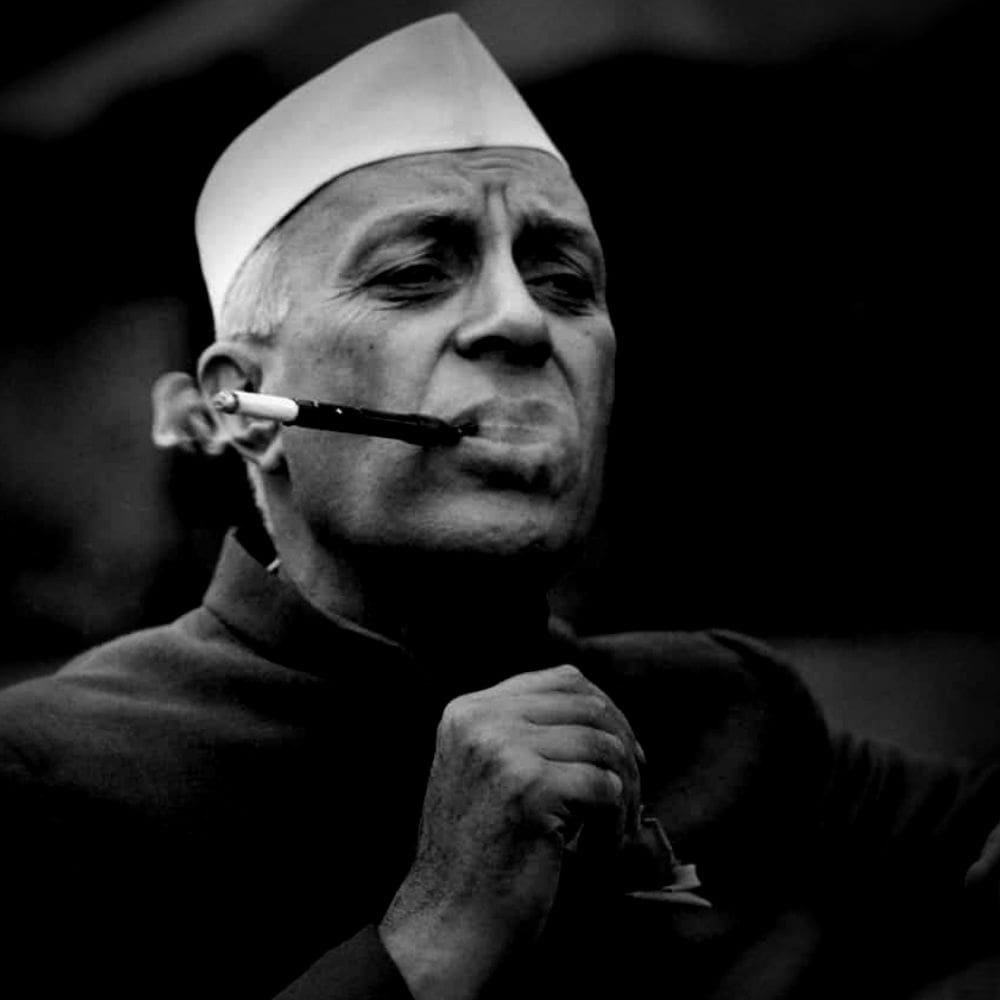ILL-TREATMENT OF GENERAL THIMAYYA
General Thimayya was a highly accomplished army-man. Here is one of his many accomplishments: As a Major-General in the J&K war of the late 1940s, Thimayya had taken his tanks to a height of about 12000 feet on the snow-capped Zojila Pass—something unique in history, as nobody had taken tanks to such heights and in such hazardous conditions before—and routed the enemy, destroying all their bunkers. (Pl. also check Blunder#23.)
In the Nehru-Raj it didn’t pay to raise professional objections to the civilian handling of military matters! No self-respecting senior army-officer would have attempted to caution Nehru or Menon on matters relating to the Indian army—it didn’t pay to be professional, frank and honest. You couldn’t tell the truth without the fear of tongue-lashing and victimisation. General Thimayya, the Chief of Army Staff, made that mistake. And, suffered. He resigned on 1 September 1959, miffed by Nehru’s Defence Minister Krishna Menon’s discourteous behaviour, and his refusal to heed Thimayya’s advice for better army preparation. Nehru had, however, managed to persuade Thimayya to withdraw his resignation on the promise that he would suitably look into his grievances. But, after Thimayya had withdrawn his resignation, rather than reprimanding Menon, and looking into the issues raised by Thimayya, Nehru went dismissive telling the Parliament that Thimayya had resigned on ‘issues trivial and of no consequence, which had arisen from temperamental conflict’. That could not have been the reason, as Thimayya was a thorough, seasoned professional, a disciplined soldier, and a great patriot—no wonder, even today, the contents of Thimayya’s resignation letter remain a highly guarded secret. At that insult and double humiliation, Thimayya should have re-submitted his resignation to teach Nehru and Menon a lesson.
Wrote RNP Singh in ‘Nehru: a Troubled Legacy’: “The way Nehru handled the resignation of General Thimayya dealt a bad blow to the discipline of the Armed Forces and their self-confidence.”
Wrote Durga Das: “If the prime minister was letting down and humiliating the chief of army staff, he was also ignoring the fact that the general’s resignation had sprung from valid grounds which were relevant to the discipline and efficiency of the armed forces at a time when the country’s frontiers were being threatened.”
“Publicly Nehru was seen to be fond of Timmy; however, behind his back, the prime minister adopted tactics that clearly indicated that he viewed Thimayya as a rival who could challenge his position as the undisputed head of the Indian Union. Given the general’s track record in World War II—Thimayya had been the first and only Indian officer to command a fighting brigade in the Arakan where he had been awarded the Distinguished Service Order (DSO)—and the role played by him in the Jammu and Kashmir Operations, Nehru knew he could not browbeat him…” “The prime minister’s attitude towards Thimayya was damaging to the chief as well as the army.”
Wrote MKK Nair:
“Krishna Menon did not respect military traditions. The Army Chief General Thimayya was an able and multifaceted person. He had become the general after meritorious service in Kashmir and South Korea. The close bonding in Army is achieved by strict enforcement of discipline. Orders flow from the General and are carried out by hierarchical tiers. No one broke rank improperly. Thimayya’s dignified nature brought him into conflict with the dictatorial Krishna Menon. Differences between them worsened when Krishna Menon, disregarding military discipline, began to deal directly with his favoured officers. Finally Thimayya went off to Europe to head the United Nation’s Peacekeeping Force and General Thapar, who Krishna Menon believed would always be obedient to him, was made the General. To do this, Menon ignored the seniority of the brilliant General Thorat, who resigned in protest.”
After the retirement of Thimayya, Thapar was made the Chief of Army Staff (COAS) at the instance of Menon and BM Kaul—junior, but whom Nehru and Menon listened to—rather than Thorat, whom Thimayya had recommended, and who had a relatively much more distinguished career. Later, Thapar returned BM Kaul’s favour by making him CGS—Chief of General Staff—ignoring the much more capable officers. In the army hierarchy, CGS was considered next to COAS. India was let down in the 1962 India-China war by, among others, Thapar and BM Kaul.


